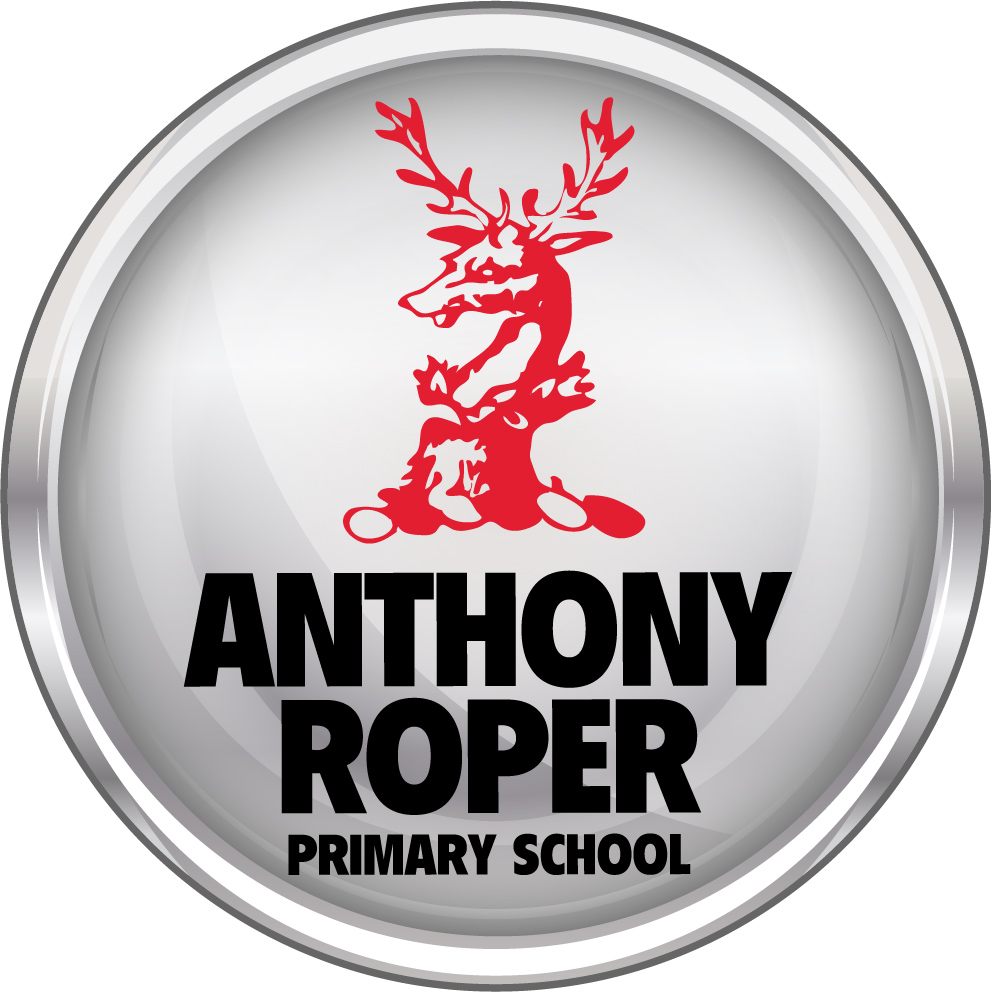Music
Intent
The National Curriculum for Music aims to ensure that all pupils:
- perform, listen to, review and evaluate music across a range of historical periods, genres, styles and traditions, including the works of the great composers and musicians;
- learn to sing and to use their voices, to create and compose music on their own and with others, have the opportunity to learn a musical instrument, use technology appropriately and have the opportunity to progress to the next level of musical excellence;
- understand and explore how music is created, produced and communicated, including through the inter-related dimensions: pitch, duration, dynamics, tempo, timbre, texture, structure and appropriate musical notations.
Implementation
Our Music Curriculum takes a holistic approach to music, in which the individual strands are woven together to create engaging and enriching learning experiences.
Each unit combines theses strands within a cross curricular topic designed to capture pupil’s imagination and encourage them to explore music enthusiastically. Over the course of the curriculum children will be taught to sing with fluency and expression and play tuned and untuned instruments accurately and with control. They will learn to recognise the interrelated dimensions of music and use these expressively in their own improvisations and compositions.
Our curriculum follows a spiral model where previous skills and knowledge are returned to and built upon. Children progress in terms of tackling more complex tasks and by doing more simple tasks better, as well as developing understanding and knowledge of the history of music, staff, and other musical notations, as well as the interrelated dimensions of music and more.
In each unit pupils will actively participate in musical activities drawn from a range of styles and traditions, developing their musical skills, and understanding of how music works. Lessons incorporate a range of teaching strategies from independent tasks, paired and group work as well as improvisation and teacher led performances. Lessons are ‘hands on’ and incorporate movement and dance elements, as well as making cross curricular links with other areas of learning.
Impact
The impact of our curriculum is constantly monitored by both formative and summative assessment opportunities. Each lesson includes opportunities for teachers to assess children against learning objectives and the end of each unit offers a performance opportunity where teachers can make a summative assessment of pupil’s learning.
Pupils should leave our school with a range of skills to enable them to enjoy and appreciate music throughout their lives.
The expected impact of our curriculum is that children will:
- Be confident performers, composers and listeners and will be able to express themselves musically at and beyond school.
- Show an appreciation and respect for a wide range of musical styles from around the world and will understand how music is influenced by the wider cultural, social and historical contexts in which it is developed.
- Understand the ways in which music can be written down to support performing and composing.
- Demonstrate and articulate an enthusiasm for music and be able to identify their own personal music preferences.
- Meet the end of Key Stage expectations outlines in the National Curriculum for Music.
